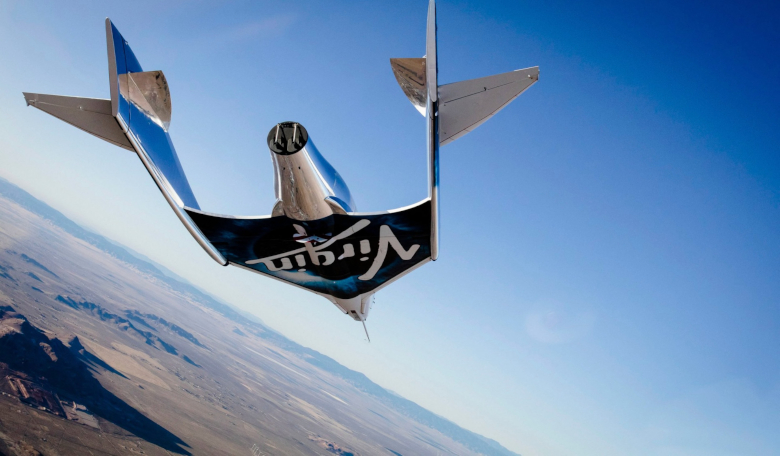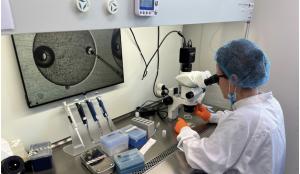Sir Richard Branson’s Virgin Galactic is set to be the first publicly traded human spaceflight company after a merger with Social Capital Hedosophia (SCH) was recently announced.
The deal, worth $1.5 billion sees New York-listed investment company SCH, run by the Silicon Valley billionaire Chamath Palihapitiya owning a 49 percent stake of the combined company whereas Sir Richard and other shareholders of Virgin Galactic will own 51 percent.
The merger means that there is now a way for regular investors to buy directly into Virgin Galactic by buying shares of Social Capital Hedosophia. So, if the idea of owning shares in a prominent space company has ever appealed, you can do so now for the first time.
“Virgin Galactic, along with its sister manufacturing organisation, The Spaceship Company, has taken a huge step towards becoming the very first publicly listed human spaceflight company and therefore available to equity investors. This achievement is being made possible by joining forces with a New York Stock Exchange-listed investment vehicle, which has many underlying investors, but led by two visionary business leaders, Chamath Palihapitiya and Adam Bain….I have no doubt that we will be better together and am delighted they are becoming such important partners on our amazing journey. Together we will make our dreams reality,” said a statement on the Virgin Galactic website.
SCH Founder and CEO, Chamath Palihapitiya, will invest an additional $100 million in the transaction and will become Chairman of the combined entity. “It is a privilege to partner with Sir Richard Branson, a once-in-a-generation visionary, to bring the reality of commercial spaceflight to the world. We are confident that VG is light years ahead of the competition. It is backed by an exciting business model and an uncompromising commitment to safety and customer satisfaction. I cannot wait to take my first trip to space and become an astronaut,” said Palihapitiya.
The merger comes after another recent announcement from Sir Richard that testing and development of Virgin Galactic’s program had advanced sufficiently that operations would be transferred from Mojave, California to their commercial headquarters at Spaceport America, New Mexico; the world’s first, purpose-built commercial spaceport.
However the merger news has also been linked to renewed interest in the prospect of Sir Richard working with UK authorities to build a spaceport in the south-west corner of England, so that Virgin Galactic can expand launches beyond its current US facility.
Virgin Galactic is currently flying high after the success of its VSS Unity spacecraft, the only vehicle built for regular commercial service to have put humans into orbit, after it reached the edge of space during its landmark test flight in December 2018. This was followed by a second successful spaceflight in February 2019. The company already has customer reservations from more than 600 people in 60 countries representing approximately $80 million in total collected deposits and $120 million of potential revenue.
Having reached a number of significant milestones, Virgin Galactic board members believe that the additional capital provided by the merger – the company is expected to receive up to $300 million in cash consideration as part of the deal – will provide the company with the support needed to reach commercialisation.
The agreement is currently expected to be completed during the second half of 2019, subject to approval by SCH’s shareholders and other customary closing conditions.











